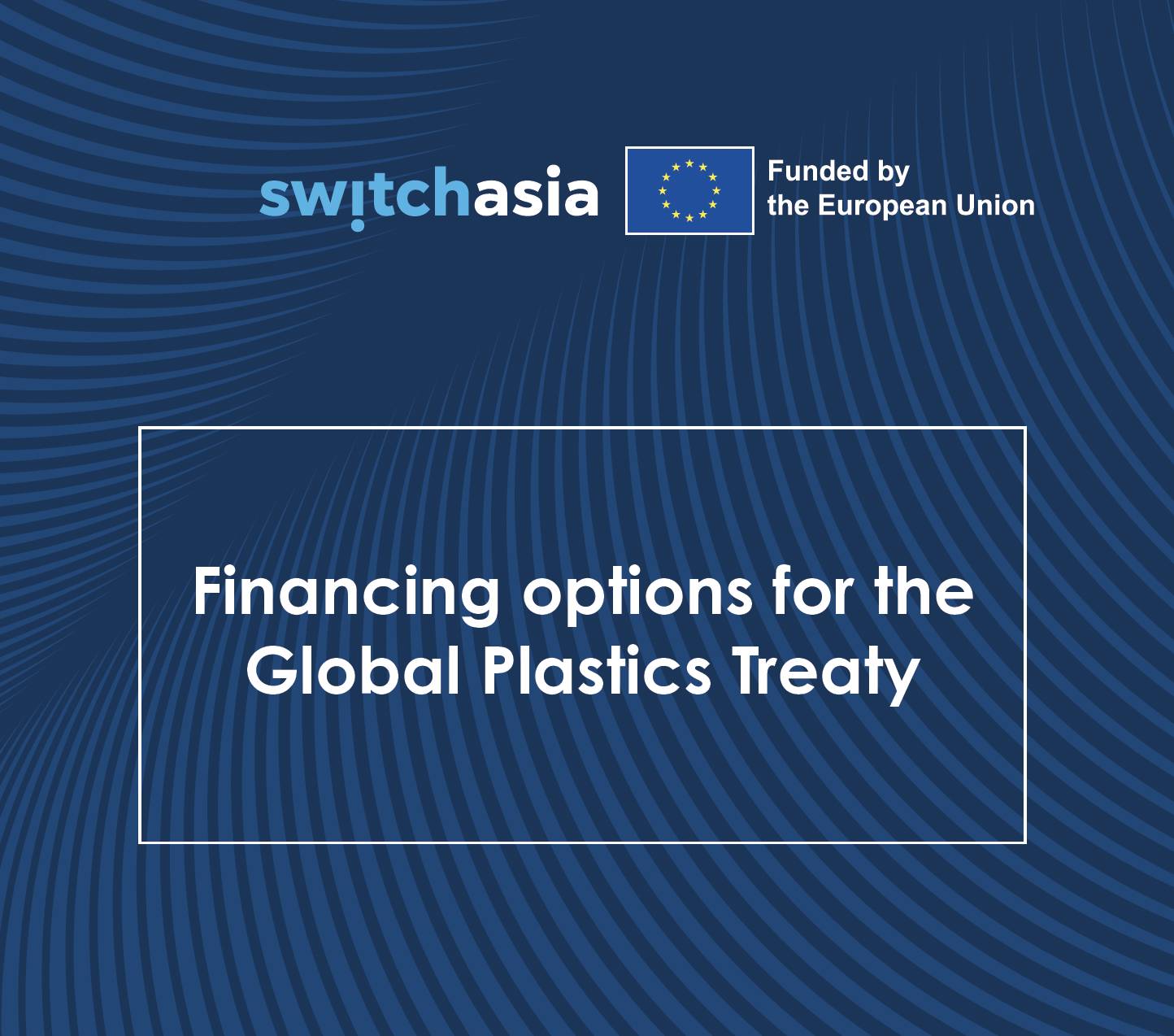
Following Resolution 5/14 of the United Nations Environment Assembly in early 2022, to negotiate an international legally binding instrument to combat plastic pollution, including in the marine environment, the intergovernmental negotiation committee (INC) is meeting from 23 to 29 April 2024 in Ottawa, Canada, for the fourth time. After three sessions, in which a general exchange of views (Punta del Este, Uruguay in autumn 2022) was followed by a more structured development of elements and options (Paris, France in spring 2023), as well as first negotiations on the text (Nairobi, Kenya in autumn 2023), negotiations for the international Plastics Treaty are advancing gradually, with delegates at INC-4 setting out to further elaborate the revised draft text of the Treaty. However, progress is hampered by a division between the nations advocating for ambitious measures and those preferring less stringent ones. As with all Multilateral Environmental Agreements (MEAs), a significant factor determining the level of ambition is the question of how implementation will eventually be financed, and from what source. It is therefore not surprising that there are major sticking points in the financing options proposed within the Treaty. Countries differ on how to fund the implementation of measures to reduce plastic pollution. Some argue for an independent financial mechanism dedicated solely to the Plastics Treaty, while others suggest integrating it into existing frameworks like the Global Environment Facility (GEF) (See Figure 1). Additionally, opinions differ about imposing a global plastic pollution fee on primary plastic polymer producers. Disagreements extend to other financing mechanisms, such as creating a separate fund for removing legacy plastic waste, or utilising taxation and subsidy removal.
Because addressing plastic pollution through international cooperation remains essential for environmental protection and human well-being, this Policy Brief aims to offer SWITCH-Asia countries a concise overview of the financing instruments that are currently on the negotiation table, highlighting how each of them would contribute to the implementation of the Treaty across the life cycle of plastics.


